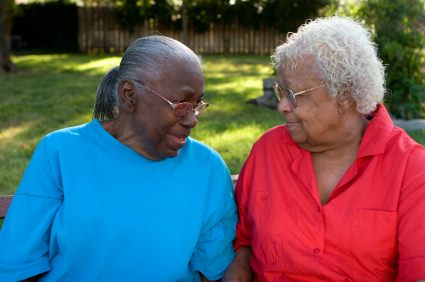The Collection
CONTENTS OF THE COLLECTION
Discourse in audio or video forms with transcriptions offers data that can be described, coded, categorized, and analyzed in a variety of ways, using both quantitative and qualitative methods, and assisted by informatics technology that has been used for more clinical issues. The CCC documents ethnolinguistic variations in interaction and cognitive processing and provides a baseline for usual communication practices when discussing specific conditions. The Humanities and Social Sciences can collaborate with Health Sciences in ways that expand the research by each group. For example, beyond issues of differing vernacular and dialect, persons from particular ethnolinguistic groups may expect specific styles of address or ways of speaking they consider polite, may interpret silences or features of speech (rhythm or tone) differently, may use speaking practices that members of the majority speech community miss, or may recognize or fail to recognize rhetorical forms, cues, and rituals beyond words alone.
Since conversation is a co-constructed process between two participants with similar or differing perceived social identities, close attention to social practices in talk can reveal patterns associated with gender, racial, and ethnic identity that influence both speakers beyond their notice, but are more investigated n health care outcomes than in the process of discussions of health care or during visits. Gender, racial, and ethnic variations in social identities and ways of seeing the world have been demonstrated to affect accuracy in medical encounters. The CCC offers more natural communication data that looks specifically at older persons from more varied backgrounds.
Features of the corpus support both short-term and long-term research objectives, for specialists in communications disorders and gerontology, information technology, medical and health care researchers from multiple professions, linguists, psychologists, and archivists. Currently (Fall 2011) the Collection includes more than 200 conversational interviews with older persons having any of 12 chronic diseases, and more than 400 conversational interviews with older persons having cognitive impairment. Not all of these have been uploaded: we’re continuing to upload and welcome volunteer assistance. |







